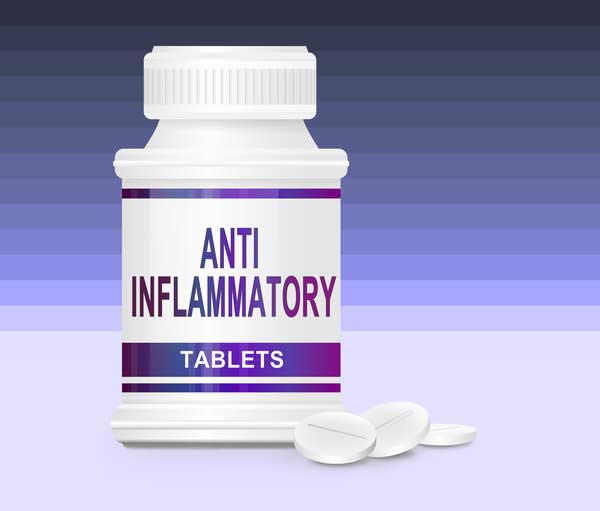Inflammation is a major underlying cause of many chronic health conditions. While there are many foods that can worsen inflammation, there is one powerful food that can help relieve it.
Joint inflammation and gut inflammation are closely connected. In fact, many joint inflammatory processes and autoimmune diseases actually originate in the gut.

Foods That Create Inflammation
Certain foods are known to increase levels of inflammation, especially in the digestive tract:
Gluten – Found in most grains, gluten creates inflammation in the gut lining. This is true even for those who do not have celiac disease or a gluten allergy.
Alcohol – Alcohol consumption irritates the gut lining and increases inflammation.
Sugar – Added sugars and refined carbohydrates promote inflammation.
Junk foods – Also known as ultra-processed foods, junk foods are highly inflammatory. In fact, 83% of all grocery store foods are ultra-processed.
Corn – Corn is usually consumed in processed forms and is highly inflammatory. It also often contains traces of the herbicide glyphosate, which can disrupt gut flora.
Soy – Like corn, the vast majority of soy is genetically modified. It contains anti-nutrients like lectins that irritate the digestive tract.
Vegetable oils – Refined seed oils like canola, soybean, and corn oil are pro-inflammatory due to their high omega-6 content.
A1 milk proteins – The A1 milk protein found in conventional dairy can trigger inflammation in those sensitive. Goat and sheep milk contain the more gentle A2 protein.
Fiber – For those with gut inflammation, high fiber foods like beans, legumes, and vegetables can further irritate the colon.
The Benefits of Glutamine for Inflammation
So which foods should you eat to combat inflammation? The answer lies in an amino acid called glutamine.
Glutamine is essential for intestinal health. The cells lining the gut hog 30% of glutamine for themselves.
Glutamine serves several roles:
- It provides energy for intestinal cells.
- It supports the mucus layer where good gut bacteria reside.
- It improves gut permeability by supporting tight junctions between cells.
Glutamine helps heal leaky gut or intestinal hyperpermeability. This condition allows food particles to bypass the immune system and trigger inflammation. It’s at the root of many food allergies and autoimmunities.
Out of all foods, beef contains the highest levels of glutamine. Switching from carbs and grains to beef can dramatically improve gut inflammation.
Here’s why:
- Beef is rich in glutamine, providing the raw ingredients to heal leaky gut.
- Beef is easily digested, not irritating the inflamed gut further.
For vegans, cabbage is the best plant-based source of glutamine. Red cabbage is especially high. Eating more cabbage can help improve gut inflammatory conditions.
Other glutamine-rich foods include:
- Goat or sheep milk
- Goat or sheep cheese
- Eggs
- Bone broth
- Fish
For both omnivores and vegans alike, emphasizing glutamine-containing foods is key to relieving inflammation.
Conclusion
If you suffer from inflammation, whether joint pain or gut issues, your diet likely plays a major role. Avoiding gluten, alcohol, corn, soy, vegetable oils, and excess fiber can help reduce irritation.
Focusing on glutamine-rich foods like beef and cabbage speeds healing by repairing the gut lining and sealing leaky junctions. A healthy gut equals less inflammation throughout the body.
